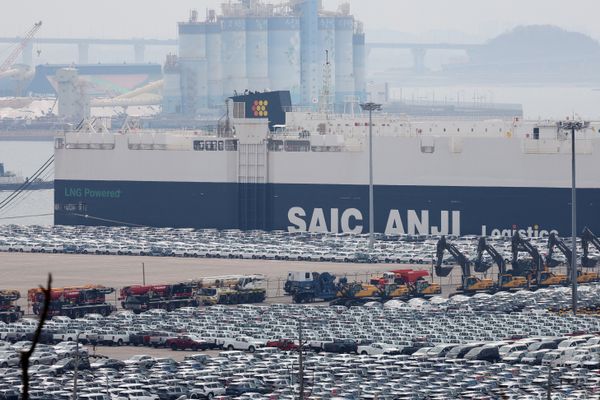SEOUL, April 9 — South Korea today announced emergency support measures for its auto sector, seeking to reduce the blow of US President Donald Trump's tariffs on a sector that has seen years of sharply rising exports to the United States.
The measures include financial support for automakers as well as tax cuts and subsidies to boost domestic demand, while the government also vowed efforts to negotiate with the US and help expand markets.
Trump has announced a 25 per cent tariff on imported cars and light trucks starting tomorrow. The tariff covers more than US$460 billion (RM2.8 trillion) worth of imports of vehicles and auto parts annually, according to a Reuters analysis.
Manufacturers are expected to bear some of the tariff costs in the first year, but will eventually alter production and possibly cease importing certain low-volume models into the US market.
"Given the (lower) proportion of South Korean automakers' local production in the United States, our industry is comparably at a disadvantage," the government said in a statement.
The tariff was expected to cause "significant" damage to South Korean automakers and auto parts manufacturers, though it was difficult to come up with numerical estimates at the moment, the government said.
To help prevent any liquidity issues, the government will raise policy financing support for automakers to 15 trillion won (RM45 billion) in 2025 from the 13 trillion won previously planned, according to the statement.
The government will lower taxes on automobile purchases to 3.5 per cent from the current 5 per cent until June 2025 and raise electric-vehicle subsidies to 30 to 80 per cent of price discounts from the current 20 t 40 per cent with the period extended by six months to the end of this year.
The government said it would also actively support automakers' efforts to expand export markets in the "GlobalSouth", which refers to less developed countries in Africa, Latin America and Asia, where demand is growing.
Regarding US tariffs, the government said: "We will do our best to ensure that the US does not treat South Korea in a disadvantageous way compared with other allies, through negotiations and by strengthening bilateral cooperation," without details.
— Reuters




